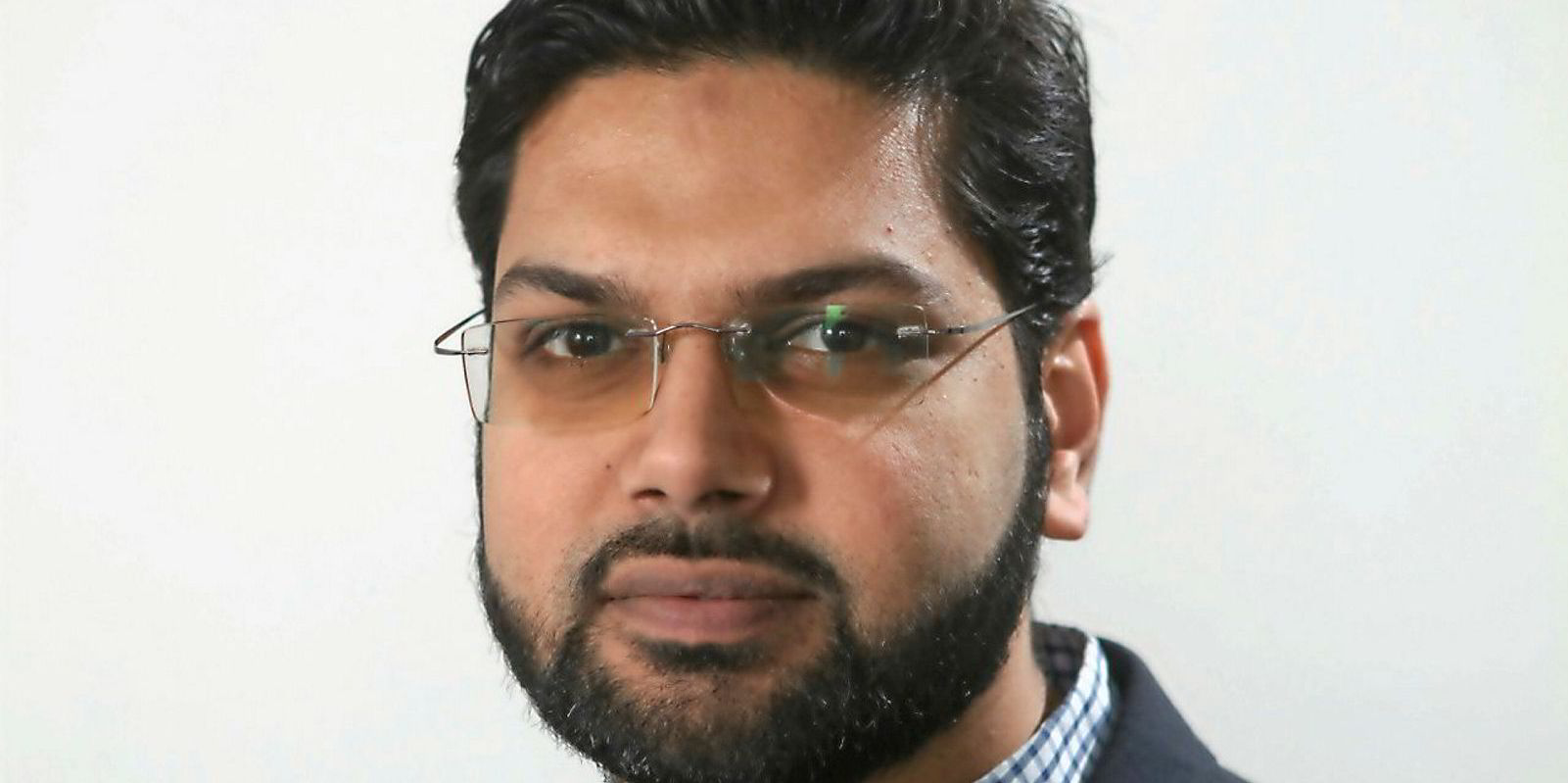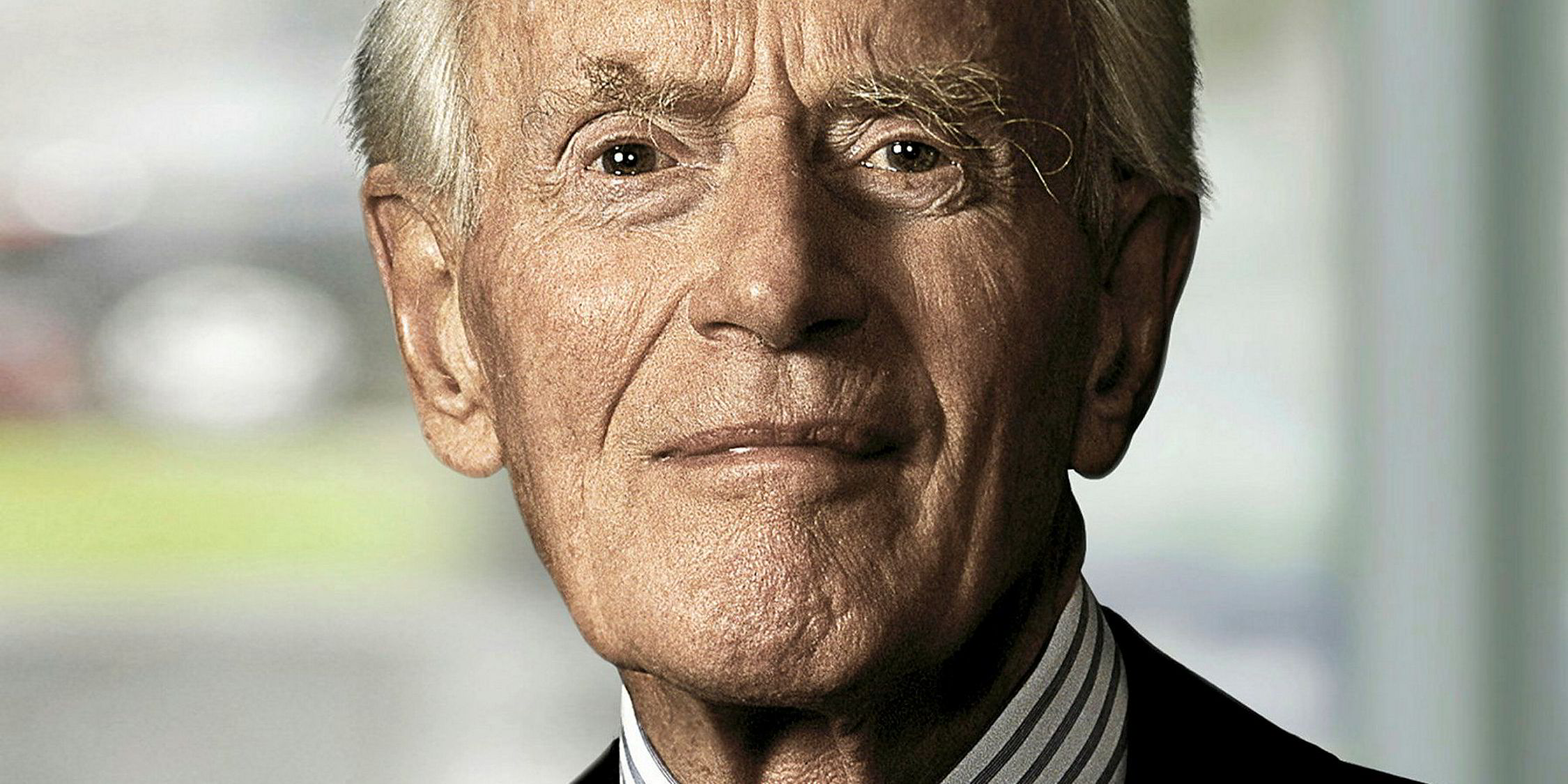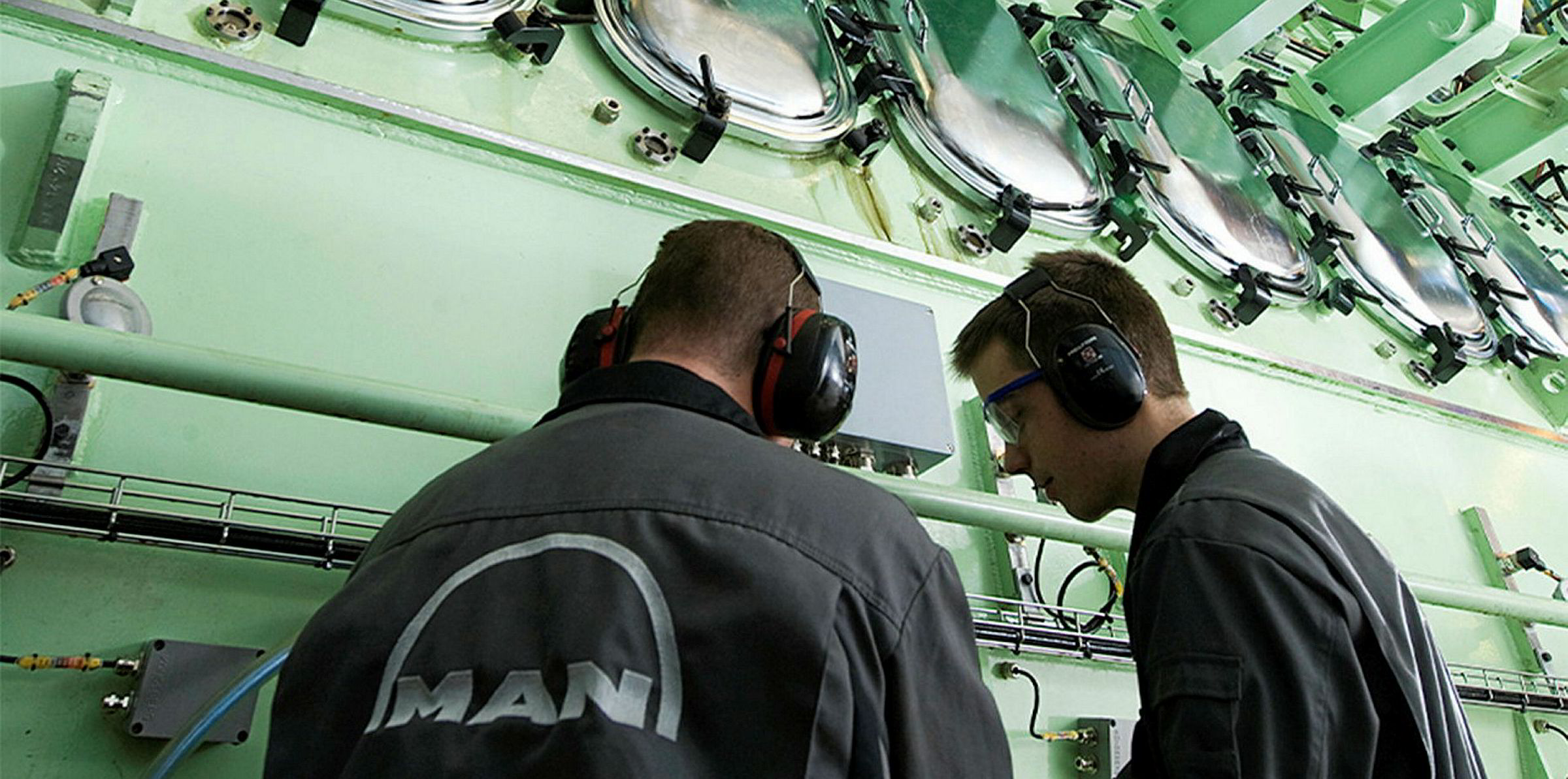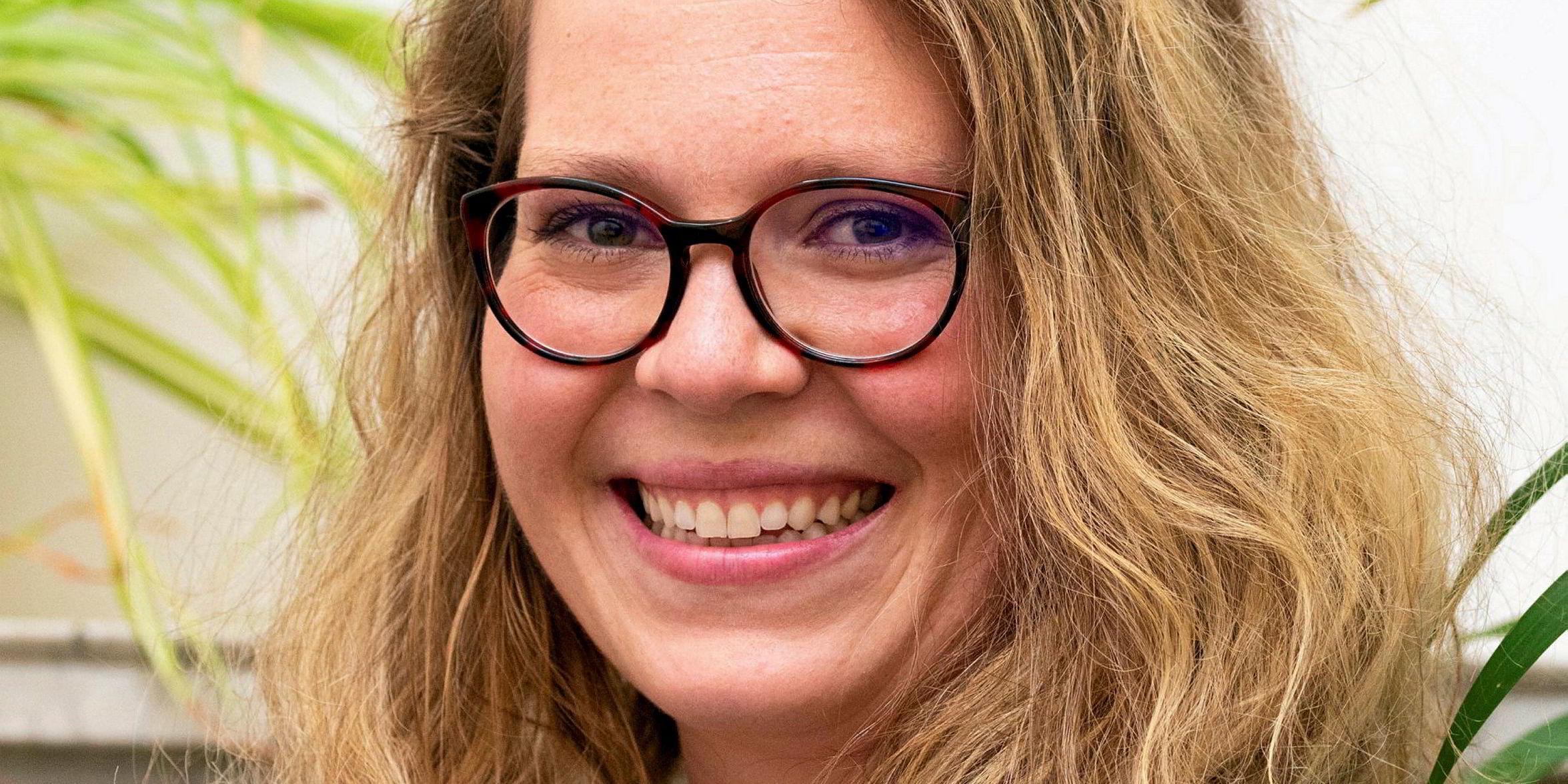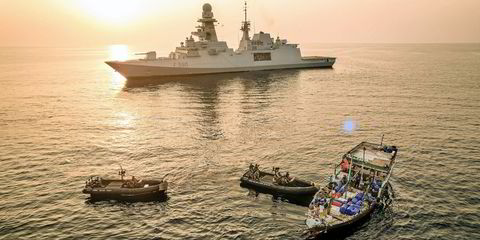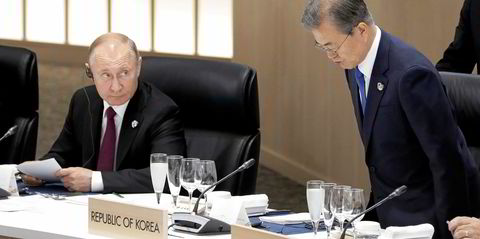Processes to cut fuel emissions adopted by the aviation industry can provide “a sound blueprint” for shipping to follow, and illuminate ways in which it should take a different approach, according to a new report.
Lessons can be learnt from the framework adopted by the International Civil Aviation Organization (ICAO), but "innate differences" between the two industries need to be understood, said the report by University Maritime Advisory Services (UMAS) and commissioned by the Environmental Defense Fund (EDF).
The ICAO’s Carbon Offsetting and Reduction Scheme for International Aviation (Corsia) established in 2016 is set to go into operation from 2021 to 2035, with the aim of capping net carbon emissions from international flights at the average of 2019/2020 levels.
Corsia will require airlines to either offset by investing in emission cuts in other sectors, or do so directly through energy efficiency in design and operation or by burning approved sustainable aviation fuels (SAFs) that emit less carbon on a life-cycle basis than conventional jet fuels.
Right choices
“Using the most appropriate science is key to making the right decisions,” said lead author Dr Nishatabbas Rehmatulla, a senior researcher at the University College London and principal consultant at UMAS.
“Shipping, as aviation, should ensure that all the emissions from a fuel — from the production to the distribution to the combustion itself — are accounted for if we are to understand the real climate impact.”
Taking a full-fuel life-cycle approach to calculating emissions is a complex task, but ICAO has done it for aviation and the IMO can use its work to jump-start its own progress, the report said.
The Corsia framework does not automatically allow all biofuels to claim zero-carbon combustion emissions, as some accounting systems have done, as their life-cycle emissions can in some cases approach or even exceed those of petroleum fuels.
But the report argued that a more flexible approach to measuring global warming potential should be adopted by the International Maritime Organization than that used by the ICAO, which looks at emissions over a 100-year period of carbon dioxide equivalent (CO2e).
The choice of time horizon is particularly important for shipping as the climate impact of fuels varies significantly across different horizons.
The climate impact of LNG more than doubles under a 20-year horizon compared with 100 years, mainly due to methane emissions, the report argued. It said the IMO should consider a 20-year criteria for eligibility thresholds for alternative fuels and reporting non-CO2 emissions, as the shorter time frame better reflects the urgency of addressing climate change.
SAFs must make a 10% minimum reduction threshold in life-cycle greenhouse gas emissions to meet Corsia’s eligibility criteria, and the report said that to meet the 50% emissions cut goal set by the IMO for 2050, the minimum reduction threshold for fuels should be considerably higher than 10%, perhaps 50% or even higher.
Alternative maritime fuels are expected to rely heavily on power-to-liquid pathways, and so a methodology for calculating the indirect emissions of these fuels will need to be developed.
Rules that can avoid double counting of emissions also need to be developed by the IMO, as this is possible under Corsia because its current monitoring and verification framework has a three-year time lag between fuel purchase and reporting. It also allows aircraft operators to report in a different country than where fuel is purchased.
Corsia’s registry also does not record the name of aircraft operators claiming the use of SAFs as all claims are anonymised and aggregated, making it impossible in most cases to know who is claiming compliance.
Sustainable shift
The report said the IMO should seek to achieve transparency of alternative fuel claims by including or requesting relevant bodies to hold a public registry where operators can cancel and retire emissions units from alternative fuels.
“A meaningful policy must incentivise a fair, sustainable and non-perverse shift away from fossil and avoid the risk that emissions are simply shifted elsewhere. Getting this right is mission critical to the shipping industry’s decarbonisation pathway,” added Rehmatulla.
UMAS is a sector-focused, commercial advisory and research service that draws upon the expertise of the UCL Shipping Team combined with the advisory and management system expertise of Matrans.
The EDF is an international non-profit organisation that links science, economics, law, and private-sector partnerships to solve environmental problems.
